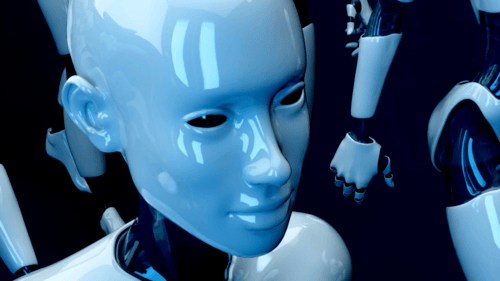AI and Crypto Industries Poised to Add $20 Trillion to Global GDP by 2030, According to Bitwise

The intersection of artificial intelligence (AI) and cryptocurrency could significantly bolster the global economy, potentially adding a combined $20 trillion to global GDP by 2030, according to a new report from digital asset manager Bitwise.
Bitwise Senior Crypto Research Analyst Juan Leon emphasized the immense potential of the collaboration between the AI and crypto industries in a report released on Tuesday. “The intersection of AI and crypto is going to be even bigger than people imagine,” Leon wrote, highlighting the growing synergy between these two transformative technologies.
One notable area of collaboration is the emerging partnership between bitcoin miners and AI, which could revolutionize both fields. As AI continues to boom, the demand for data centers, AI chips, and electricity has surged, creating unique opportunities for bitcoin miners.
The AI industry’s rapid growth has propelled companies like Nvidia to unprecedented heights. Nvidia recently reached a $3 trillion market cap, making it the third-largest company globally, trailing only Microsoft and Apple. This explosive growth is driving an intense race for “AI supremacy,” leading to a significant shortage of data centers, AI chips, and access to electricity. The world’s four largest cloud companies—Amazon, Google, Meta, and Microsoft—are projected to spend nearly $200 billion on new data centers next year alone, according to Leon.
However, the demand is outpacing supply, with more than 80% of data center capacity under construction already leased in advance, as reported by commercial real estate firm CBRE Group. This shortage presents a substantial challenge for the AI industry.
Bitcoin miners possess valuable infrastructure that could alleviate some of the AI industry’s growing pains. While the application-specific integrated circuits (ASICs) used in bitcoin mining are not suitable for AI applications, the miners’ extensive storage, cooling systems, and access to cheap power at scale could be repurposed to support AI’s computational needs. This infrastructure is critical for the large data centers required to store and process the vast amounts of information that AI systems generate.

